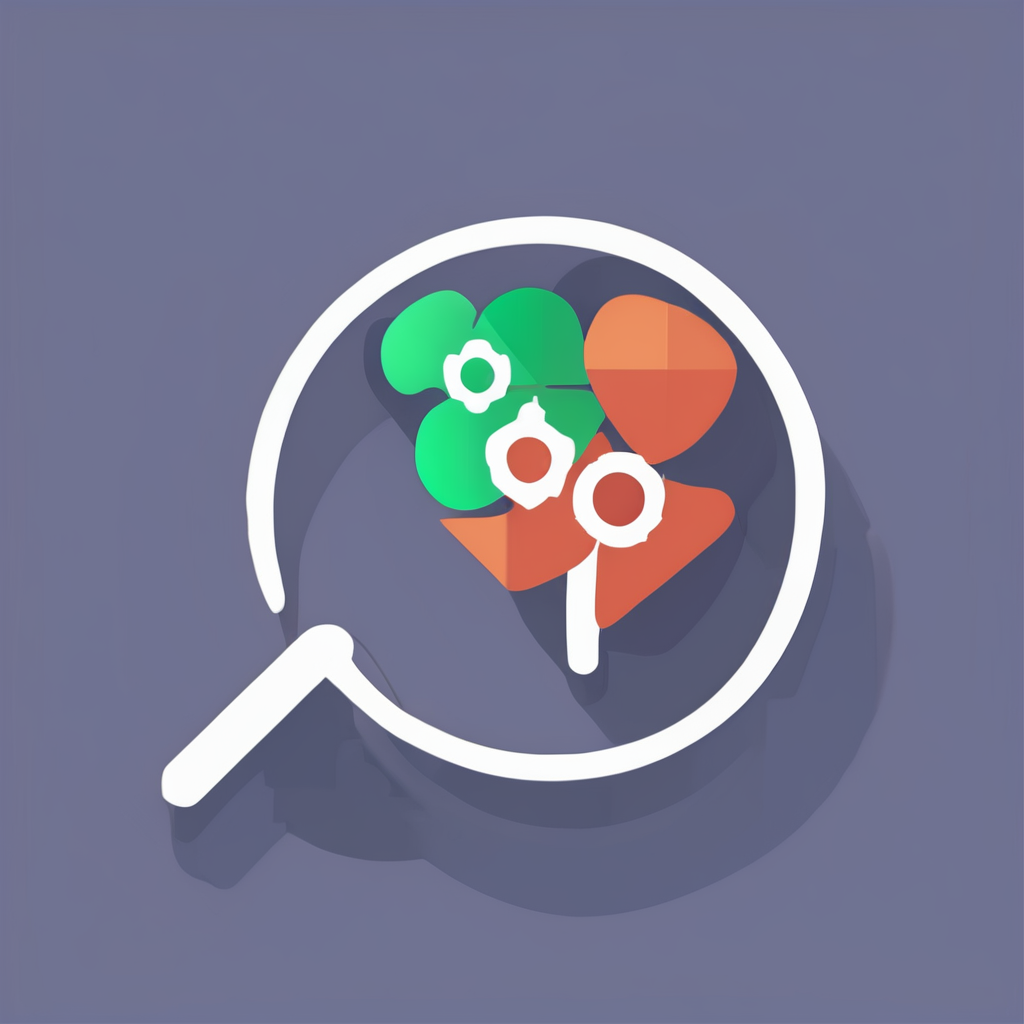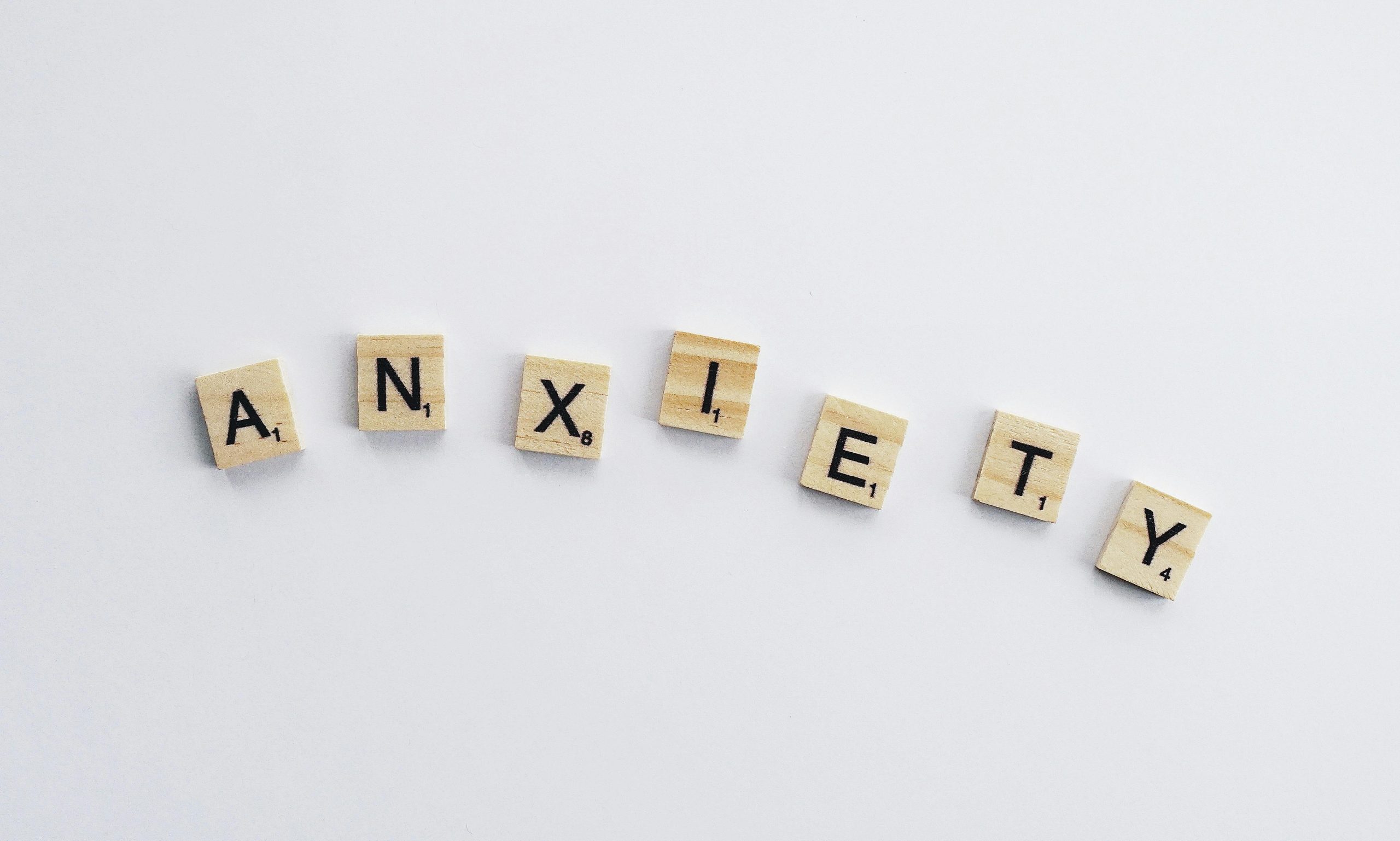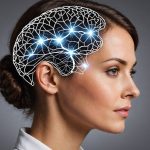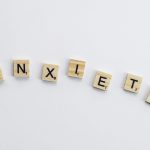Anxiety affects everyone differently, often disrupting daily life with physical and mental symptoms. Understanding its patterns and triggers empowers you to regain control. Practical tools like breathing exercises, cognitive strategies, and structured routines offer effective relief. This guide highlights accessible, evidence-based methods designed to help you manage anxiety confidently and build lasting resilience.
Understanding Anxiety: Causes, Symptoms, and Impact
https://anxietychecklist.com/ offers valuable resources for managing anxiety-related challenges. Anxiety is a natural response to stress, but when it becomes intense or persistent, it transforms into an anxiety disorder, impacting daily life. Common symptoms include physical signs such as trembling, dizziness, and increased heart rate, along with mental and behavioral symptoms like difficulty concentrating and irritability.
Also to see : How Can the UK Enhance Its Health and Wellness Initiatives?
The influence of anxiety on daily functioning is significant, disrupting work, relationships, and mental health. Strategies like anxiety reduction strategies and managing panic attacks focus on practical tools such as breathing exercises, mindfulness, and behavioral techniques. These methods aim to reduce symptoms quickly and build longer-term resilience.
Recognizing the diverse symptoms and triggers helps tailor effective treatments. From lifestyle changes to professional therapies like cognitive behavioral therapy, individuals can find approaches suited to their needs.
Topic to read : Best travel energy boosts for backpackers: quick and natural solutions
Evidence-Based Techniques and Strategies for Anxiety Management
Practical Breathing and Relaxation Techniques
Precision: Techniques like relaxation breathing exercises and progressive muscle relaxation techniques produce immediate relief through deliberate, slow breathing and focused muscle release. These calming exercises for anxiety lower your heart rate and help regulate your emotions, making them effective stress and anxiety relief methods. For best results, take slow, deep breaths in through your nose, hold briefly, and exhale fully through your mouth. Practice these coping techniques for anxiety several times daily, especially during acute anxiety relief moments.
You can enhance these relaxation techniques for mental health with grounding techniques for anxiety, such as focusing on an object or sensation to anchor your awareness in the present. This approach also supports managing anxiety naturally and is easily paired with daily anxiety coping routines for better long-term control.
Cognitive Behavioral Therapy (CBT) Approaches and Benefits
CBT focuses on identifying and restructuring negative thought patterns. Cognitive behavioral therapy for anxiety helps you challenge unhelpful beliefs and replace them with more accurate perspectives. These anxiety reduction strategies are proven effective for those who experience persistent or intrusive anxious thoughts. Worksheets to manage anxiety and journaling for anxiety reduction are practical tools to reinforce progress when using these methods.
Mindfulness and Meditation Practices for Immediate Relief
Mindfulness practices for anxiety relief centre your attention on the present without judgment. Mindfulness meditation and guided meditation for anxiety relief are simple, everyday applications that build emotional resilience and support anxiety management in daily life. By integrating calming exercises for anxiety and relaxation techniques for mental health, you develop stress management plans that feel accessible and empowering, constantly reinforcing positive thinking to combat anxiety.
Lifestyle Modifications and Self-Help Resources
Incorporating Physical Activity and Nutrition
Managing anxiety without medication begins with intentional lifestyle changes to reduce anxiety day by day. Regular physical activity, even something as simple as daily walking, is often cited among anxiety reduction strategies for its effectiveness in releasing stress and regulating mood. Exercise also correlates with improvements in overcoming anxiety symptoms and is frequently promoted in both coping techniques for anxiety and stress and anxiety relief methods.
Additionally, nutrition and anxiety relief are closely related. Stable meal times, a balanced diet rich in vitamins and minerals, and minimizing caffeine and sugar spikes can serve as natural remedies for anxiety. A nutrition-focused approach complements relaxation techniques for mental health by supporting stable energy and mood.
Sleep Hygiene and Its Impact on Anxiety
Sleep improvement for anxiety sufferers is a common topic in anxiety disorder treatments. Optimizing sleep hygiene by maintaining a regular schedule, reducing screen time before bed, and creating a calming bedtime routine can enhance emotional resilience and help manage acute anxiety relief tactics.
Using Journaling and Support Networks to Track and Reduce Anxiety
Journaling for anxiety reduction enables self-assessment for anxiety levels and the identification of anxiety triggers. Tracking thoughts and symptoms through anxiety symptom tracking or worksheets to manage anxiety encourages reflection and highlights practical anxiety management tips.
Support groups for anxiety and peer group anxiety management create opportunities for sharing daily anxiety coping routines, building community, and exchanging empathy, which is particularly valuable in managing anxiety without medication.
Professional Support and Additional Resources
When to Seek Therapy and Types of Treatment Available
Professional anxiety counseling is recommended when anxiety symptoms interfere with daily life or coping techniques for anxiety are no longer effective. Seeking help from a therapist enables precise anxiety trigger identification, paving the way for individualized anxiety disorder treatments such as cognitive behavioral therapy for anxiety or exposure therapy benefits for anxiety. Options include in-person therapy and remote sessions, accommodating personal comfort and accessibility needs. Medical providers may suggest holistic approaches to anxiety relief, integrating stress and anxiety relief methods alongside therapy to boost long-term improvements.
Digital Tools and Apps for Anxiety Management
Technology continues to transform anxiety management. Anxiety management apps provide guided breathing techniques for anxiety and progressive muscle relaxation techniques that can fit into busy routines. Journaling for anxiety reduction and self-assessment for anxiety levels are supported by many apps, offering prompts and symptom tracking to inform stress management plans. Relaxation apps for anxiety complement mindfulness practices for anxiety relief and help users develop consistent relaxation techniques for mental health and lifestyle changes to reduce anxiety. Some even allow integration with nutrition and anxiety relief tracking, enhancing overall self-care routines for anxiety relief.
Community and Support Group Resources for Ongoing Support
Support groups for anxiety and peer group anxiety management are invaluable for shared experiences and reducing isolation. Local and national organizations provide anxiety management tools and practical self-help tips for anxiety, helping individuals understand how to manage social anxiety and build emotional resilience. Community groups foster engagement in managing panic attacks, anxiety reduction strategies, and sustaining daily anxiety coping routines.







